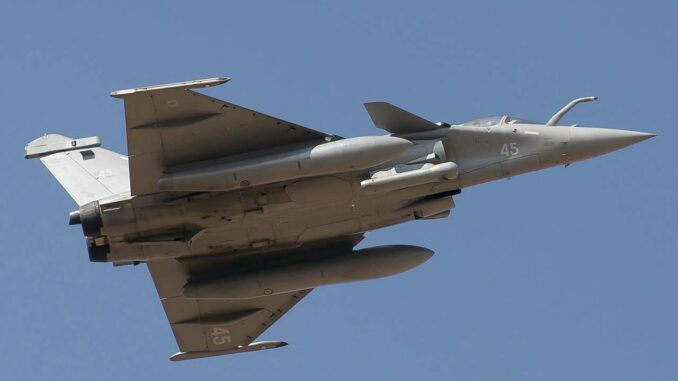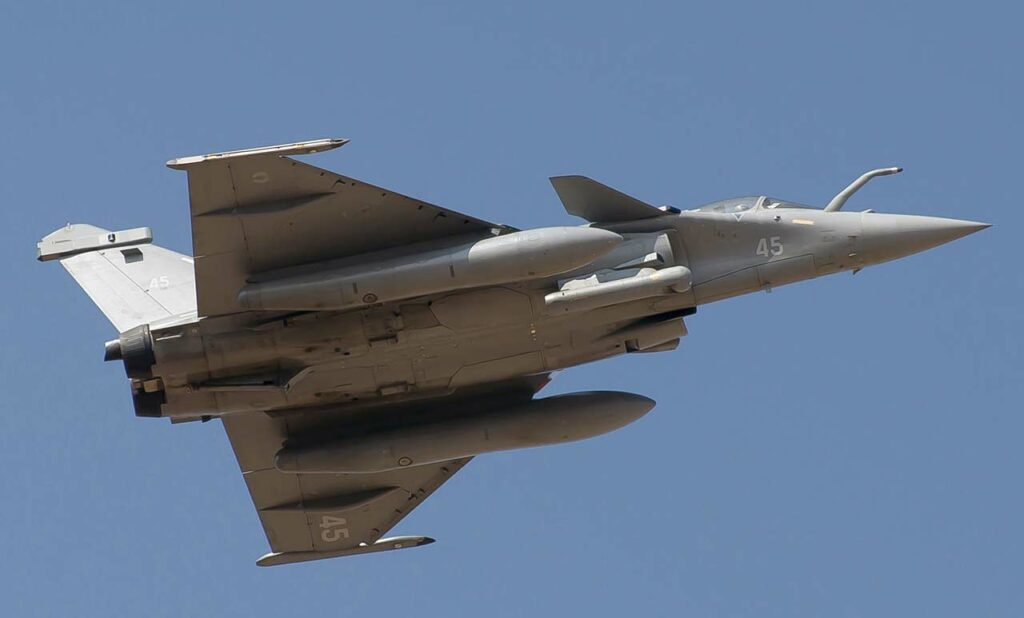
An imminent contract between Serbia and France for the purchase of 12 Rafales could redefine strategic alliances and strengthen ties with the EU.
Impact of the Rafale contract on Serbian defense strategy
Serbia’s potential purchase of 12 Rafale aircraft from Dassault Aviation, estimated at 3 billion euros, marks a significant pivot by Belgrade towards more Western alliances, especially with the European Union. The contract, which includes aircraft, spare parts, ammunition and training, represents Serbia’s biggest arms purchase in the last thirty years. Modernizing its air fleet with Rafale aircraft, known for their versatility and advanced technology, would enable Serbia to replace its old Mig-29s, which are poorly modernized and ineffective against modern fighters.
The acquisition of Rafales, envisaged in the F4 standard, offers Serbia enhanced capabilities in terms of defense and response to regional threats, particularly with the presence of persistent tensions with Kosovo and other neighbors.

Strengthening Serbia’s ties with the European Union
The Rafale order is not just a military purchase; it also symbolizes a significant rapprochement between Serbia and the European Union. Since achieving EU candidate status in 2012, Serbia has gradually abandoned its former alliances with Russia in favor of closer ties with Europe and the West. This shift is crucial as it reflects a strategic transition from traditionally Moscow-oriented alliances to a more European orientation, which could positively influence its chances of EU integration.
At the same time, this contract could also play a role in stabilizing the Balkans, Serbia being a key player in this region often marked by tensions and conflicts.
Comparison with previous Dassault sales
The Rafale is one of Dassault Aviation’s major commercial successes, almost reaching the number of exports of the famous Mirage 2000 and F1. With 8 export customers, the Rafale continues to prove its attractiveness on the international armaments market, illustrating the competitiveness and innovation of French industry. These acquisitions testify to the renewed confidence in French technology, particularly in terms of performance, versatility and operating costs.
With the addition of Serbia to its customer list, Dassault is not just selling an aircraft; it is selling a strategic capability that has been adopted by various countries to diversify and strengthen their own defense capabilities.

Potential economic and political consequences
Benefits
- Enhanced regional security: Strengthening of Serbia’s defense capabilities.
- Increased geopolitical influence for France: Reinforces France’s role in the Balkans and the EU.
- Economic benefits: Economic benefits for the French defense industry.
Disadvantages
- Technological dependence: Increases Serbia’s dependence on Western technologies.
- High costs: Major expense for Serbia, which could affect other areas of public spending.
This contract between Serbia and France via Dassault Aviation therefore represents a strategic moment that could redefine regional balances and strengthen Western alliances in a region traditionally influenced by Russia.
War Wings Daily is an independant magazine.